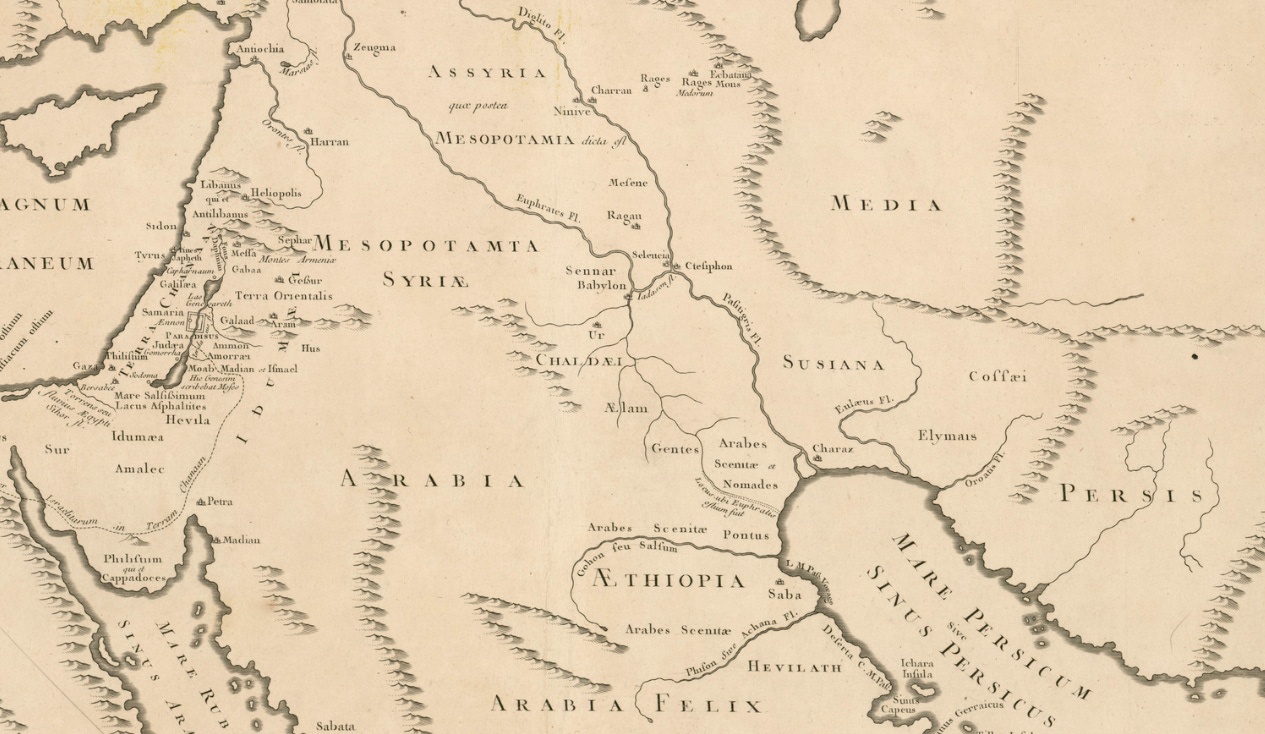Week signals: Another day in Paradise
Plus: watch points for Japan, the G7, China, Russia, Turkey, and Sudan.

This week:
IN REVIEW. A new war in an old place, escalation scenarios, and chaotic systems.
UP AHEAD. Trump meets Ishiba, Xi goes to Astana, Prabowo goes to Moscow, Turkey in the Caucasus, Haftar in Sudan.
Connect with me on LinkedIn and X (Twitter).
Week Signals is the Saturday note for clients of Geopolitical Strategy, also available to GD Professional subscribers on Geopolitical Dispatch.
The Week in Review: No second chances
The week began with an attempted assassination in Colombia; it ended with a new war in the Middle East.
As of writing, up to 90 have been killed in Iran and two in Israel, with scores injured on both sides. The US has pivoted from claiming no involvement to saying it knew all along (whether this is true or an attempt to seize the narrative, we may never know). Coming just as he averted near political death, the decapitation of the IRGC’s nuclear apparatus is a tactical masterstroke for Benjamin Netanyahu. Yet it could also be a strategic folly – and for Donald Trump as well. Clever, but not wise, the two leaders have potentially unleashed a new Gulf war (complete with a WMD casus belli).
While outwardly expressing alarm, China will be quietly cheering. Not only could the US be again expending diminished blood and treasure in the Middle East, but it could be doing so on behalf of an ally now hated by most of the world, and against an adversary larger and more complex than Iraq and Afghanistan combined. Further, if it gets sucked into a full-scale war, the US could lose even more trust in the context of other negotiations. Was the US stringing Iran along and lulling it into operational complacency as Israel prepared its attack? Was it giving Gulf allies false hope of regional détente as it pursued new deals and disengaged from Houthi provocations? Was the withdrawal from Ukraine less about Taiwan than a return to the sandbox of Bush I and II?
The direction for the last 48 hours has not yet been established. Trump is keeping the door open for “second chance” nuclear talks (highly unlikely – Iran has said no). Vladimir Putin, ever the improbable peacemaker, has spoken to both Netanyahu and Masoud Pezeshkian. Oil prices have eased somewhat, with a view that a Gulf blockade, while still possible, would primarily harm Iran and its allies. Netanyahu has stressed that his disagreement is with the regime, not the Iranian people.
Yet chaotic systems, once unleashed, are hard to predict. Prior to Israel’s initial strike, game theory suggested a continued status quo. Excepting from Netanyahu’s personal position and his unfalsifiable claims of Iran’s imminent nuclear breakout, Israel had few reasons to precipitate a new war. Dragging the US into its conflict with Hamas, and disrupting a deal with the terrorist group’s major backer, would have been one (and this may ultimately be proven to be decisive), but Israel could have easily waited. Precipitating Iranian regime change at a political inflection point could have been another, but if anything, the hardliners have been strengthened and the moderates discredited.
And then there’s the argument around Iran’s alleged nuclear weapons program, which US intelligence only days ago said was not in scope. Wouldn’t it have been easier (and cheaper) to let diplomacy remove the threat through restored inspections after a new JCPOA-style deal? While several key nuclear scientists have now been lost, for the first time in years, a politically apathetic bloc of the Iranian public has been stirred in favour of the mullahs. Rally-around-the-flag effects can backfire, but they can also prove decisive. A dying regime with an 86-year-old Supreme Leader may have been given a new lease of life. And just as Hamas has shown, extremists, when cornered, can survive for years.
Trump promised to be a peacemaker and not let the US get dragged into distant forever wars, particularly as it focuses on other theatres (e.g., East Asia, Southern California). A prolonged conflict with Iran, whether it involves US personnel or not, won’t be popular with Trump’s base. Just like their millennialist counterparts in Israel and Iran, fringes of the evangelical right may welcome a war (some believe one is prophesied in Ezekiel 38-39), but the majority will not. Likewise, for all the chest-beating among Netanyahu’s supporters, the markets have made clear that Israel is not a safe investment. As the missiles rain down on Tel Aviv, there may be more such buyer’s remorse.
The question for businesses and investors at this juncture is what’s next. We’ve run some scenarios and ascribed rough probabilities to each, forecasting over the next month, by which time a much clearer direction should be known.


